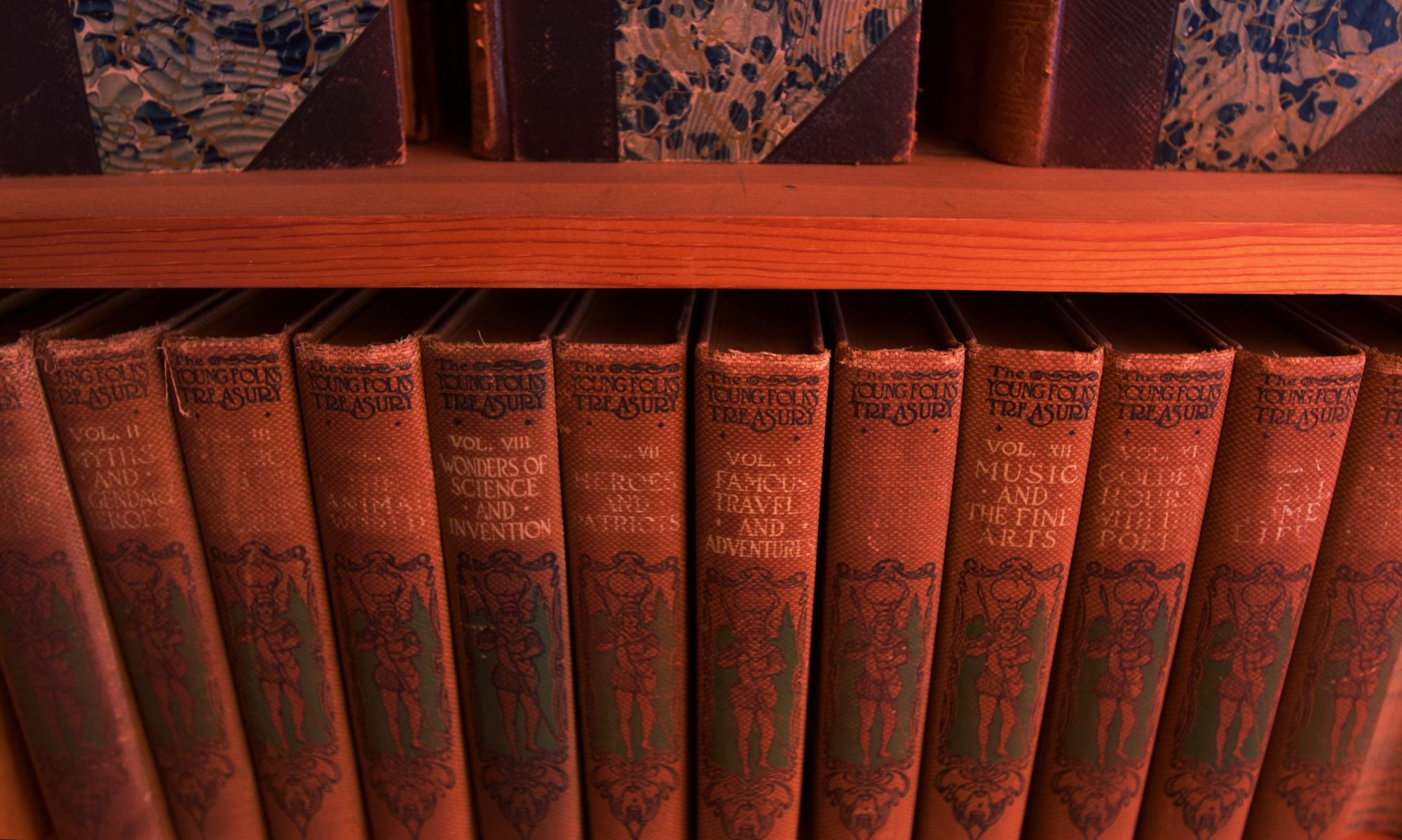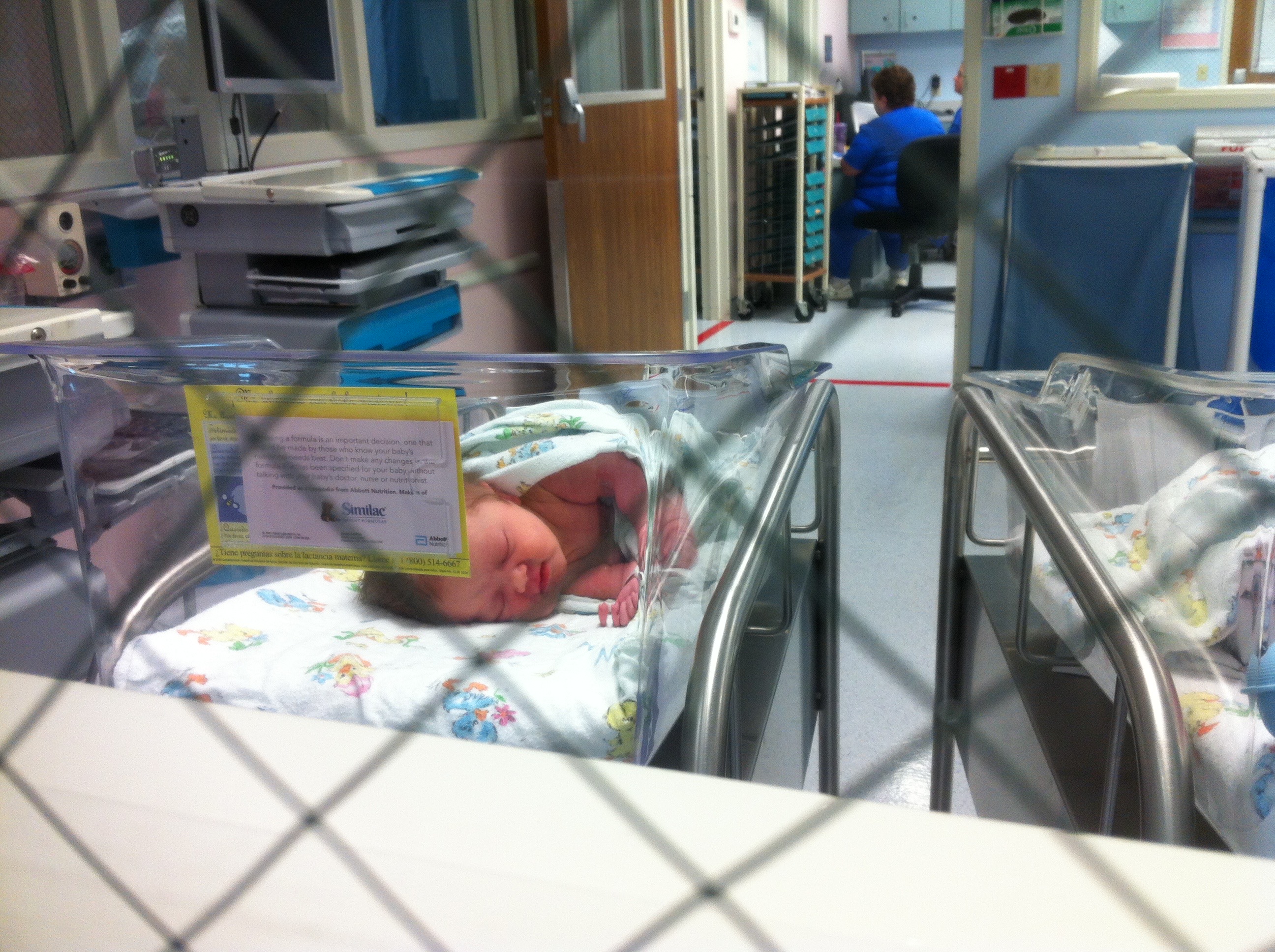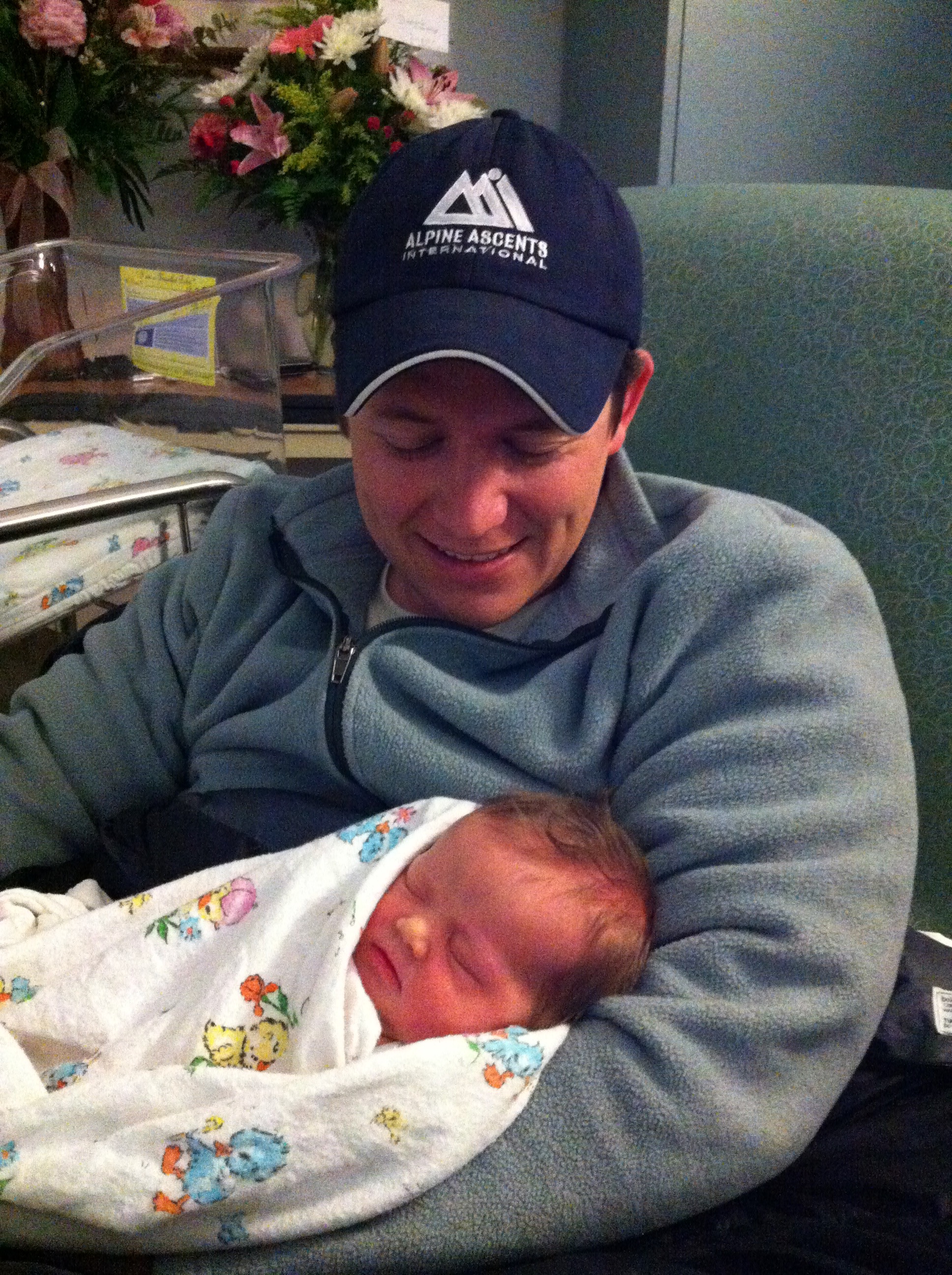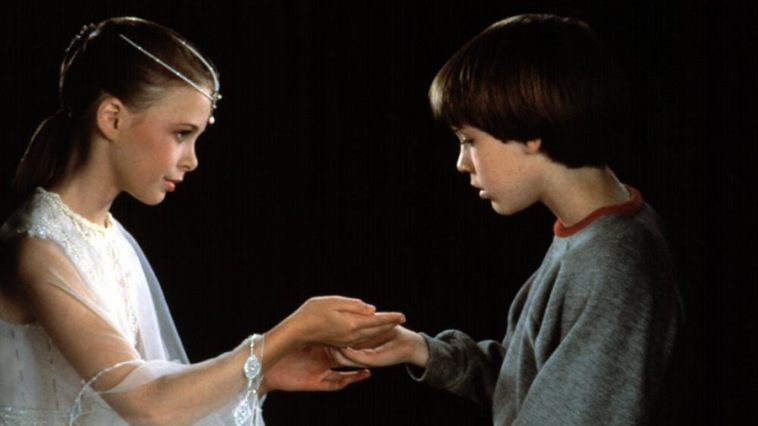
In that day, A vineyard of wine, sing of it! I, the Lord, am its keeper; I water it every moment. So that no one will damage it, I guard it night and day. I am not angry. Should it give me briars and thorns, then I would fight against it, trample it, and burn it to the ground. Or let it take hold of My strength; Let it make peace with Me– Make peace with Me. In days to come, Jacob will take root. Israel will blossom and bloom, and fill the whole world with fruit. Isaiah 27:2-6
I struggle with loving people. Of course I love my family and friends, and I love people who are hurting. I can cry with the best of them at an underdog’s story, or with someone willing to be vulnerable with me about a difficult time. But love for all people? For the person who cut me off in traffic? The person who constantly complains and refuses to see a bright side? The person who’s mad at the world on social media? The person who deeply offends me?
It’s an ugly truth. And yet, I can’t help my initial, unloving gut reaction. My judgmental, presumptive, shallow thoughts that throw a wall up between ME and THEM in a matter of seconds. And if I am really honest with myself, those people from my “love” column– my own family even– can find themselves on the wrong side of this wall. Eventually I may reason my way through into a more Christian place, but why isn’t that where I start?
I recently listened to a four-part podcast series on the topic of Envy. It discussed how we live in a culture of the “Offended Self,” in which the Self is idolized and worshipped: MY rights, and MY wrongs. A place where we tear down that which threatens our position; a place where we actually treasure our offenses like beloved pets because when others wrong us it convinces us of our rightness. A place where we seek to elevate ourselves by diminishing others.
I’d like to think that the minute I believed in Christ, I died to Self. But if that were true, why do I still spend so much time wrestling with myself? I’m dizzy from running back and forth between episodes of pride and shame. From “Hey, look God! I’m doing the thing You asked me to do! Pretty great, huh?” to “I should be better than this,” in a matter of minutes. Resentment, insecurity, anxiety, unforgiveness, and a lack of love all tangled up in a big knot of Self.
In Chase, Jennie Allen writes: “As long as I am looking into myself for my identity, I will either be self-righteous about how great I am, which would be inaccurate, or distraught by the reality of the wreck I actually am… We don’t stand on our accomplishments and personality and performance. We stand securely on the nature of an infinite, loving God… The work of Christ steals all shame, but it also steals all of our pride.”
True humility, true love, true friendship, true service— all of these— are on the other side of death to Self. Death must come first for the resurrection power of Christ to be complete. As George Macdonald wrote: “The self is given to us that we may sacrifice it; that we, like Christ, may have something to offer.” Or, like Arya Stark tried to learn in Game of Thrones: A girl is no one.
Christ’s love for His people transcended any human love. It wasn’t ever deserved, or earned, or reciprocated. It was never resentful, boastful or proud. And before He left earth, He clearly felt accountable to the Lord for the kind of friend He’d been in life. He offered up a beautiful, heart-wrenching prayer, squaring up with God just before He died. He said:
“Father, the hour has come…I have revealed Your name to the men You gave Me from the world. They were Yours, You gave them to Me, and they have kept Your word… I pray for them… Holy Father, protect them… While I was with them, I was protecting them… I guarded them, and not one of them is lost…” John 17
The men You gave Me. Not the ones He chose. Not those with important jobs, or good families, or well-behaved kids. Not the ones who had it all figured out, and whom He found serving the poor and schooling the scholarly. Not those who voted the same way, or who could clearly identify the issues. Just the flawed, broken, normal folk that God gave Him during His days.
This summer I’ve asked myself a lot of questions, like: Can I listen to the person right in front of me, no matter who they are or what they’re saying, and treat them as though they are Jesus himself, or an angel in disguise? Can I bless another’s gifting without the slightest tinge of bitterness or comparison? Can I serve, without putting that service on like a robe of glory? Can I receive a hard lesson without finding fault in the teacher? Can I rejoice at the prodigal son’s return, despite his foolishness, and truly believe there’s room for both of us? Can someone offend me without me even taking notice, without stopping to entertain it, or respond to it, or give it a collar and a pet name? Can I honor the incredibly unjust, unfair, wildly generous economy of God’s kingdom, that lavishly dishes out goodness, sometimes to people I don’t like?
Can I honestly say that with all the people God has given me, I have safeguarded their hearts, and pointed them to Christ? Without judgment or criticism, without self-loathing or embarrassment? Without wondering whether or not I was good in it, or whether or not they thanked me for it? Without taking up an offense? Without a bad attitude, or gossip, malice, envy, or strife? Without any ME in it at all?
“A vineyard of wine, sing of it!” He says.
A vineyard of wine. Not a vineyard of individual grapes. Not a collection of special, single orbs— each one retaining its shape, its boundaries and thick skin, its own juice, separate and apart from another’s.
I have to let Him press me down, pour me out, and warp, twist and stomp on my ego. Until there isn’t any ME left. Until I am my Beloved’s, and He is Mine.
Until, having taken every thought captive, I can honor with my life every other human I encounter– the valuable, God-breathed, God-imaged, eternal beings He loves so completely. Until His love renders obsolete the division of where I end and they begin.
If I could sit with anyone from the past to discuss this, I would choose Jesus’ mother, Mary. A young, unwed virgin from a small town, who was told in a single conversation that her life as she knew it was over: her fiance would think her a whore, her town would whisper behind her back, her dream of a quiet life was dead. Instead, she would suffer rejection, marry quietly, give birth in a barn, run in fear for her life to Egypt, and spend the rest of her days loving a misunderstood son, publicly ridiculed and condemned, a sword piercing her heart. Poured out for the Lord. And then without asking for time to get the right attitude, and without first walking through the seven stages of grief, she simply responded, right there in the moment: “Behold, the servant of the Lord; may it be done to me according to your word.” Just a young, uneducated girl with humble prospects going about her ordinary life.
A girl who was no one.









